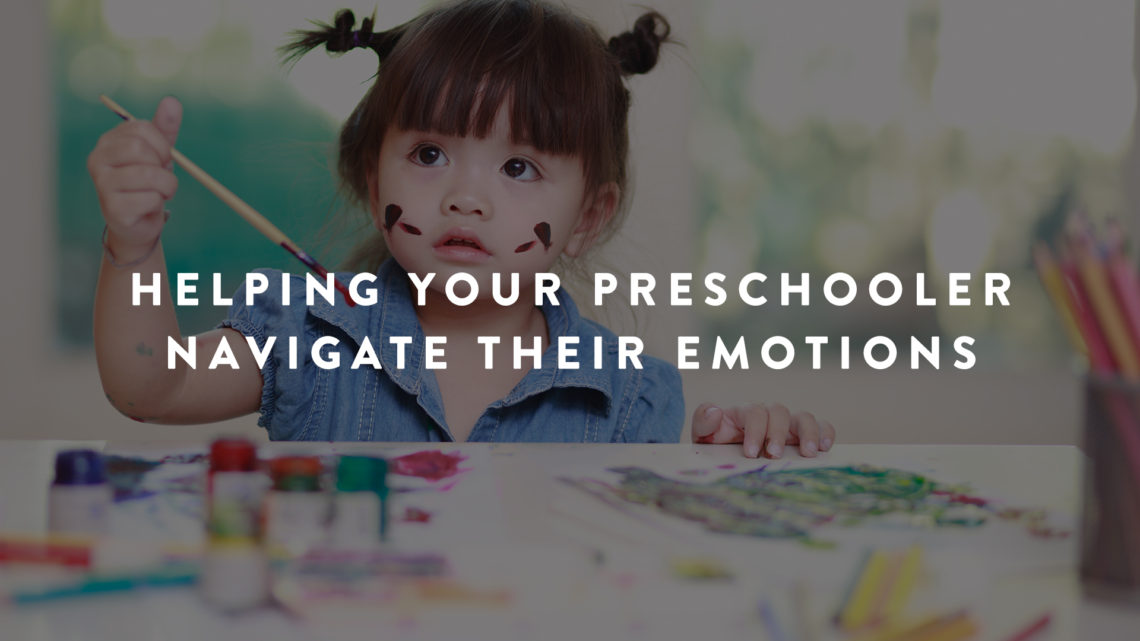
I remember my first real cup of coffee.
I’d been an occasional office-pot coffee drinker (lots of cream and sugar)—mostly because my office was freezing and the coffee was hot. Then, on a trip to California, a friend handed me a mug of freshly ground, French press, dark roast java with a touch of heavy cream.
That’s when I feel in love with coffee. I still measure every cup against that amazing moment of discovery.
As an adult, these moments show up once in a while.
For a toddler or preschooler, every single day is packed with brand-new experiences.
A leaf that flames red and drifts off the tree.
The sensation of swinging so high you may just kick a cloud.
A set of toy train tracks that click together in dozens of ways.
Juicy clementines that fit perfectly in a toddler palm.
Burrowing tiny fingers and toes into white silky sand.
These fresh discoveries bring your kid intense delight on a daily basis. But the flip side is true, too.
When the swing stops, they may never fly again.
When the orange is finished, will there ever be another?
A bee sting might just hurt for the rest of their lives.
There is no way to cope with a friend who stirs stone soup with the wrong end of the stick.
And when you present a waffle with peanut butter instead of syrup it is quite possible the world will end right then and there.
When you or I have a rough day, we have a track record. Frustrating as it may be to spend a whole day on a project that gets scrapped, we know tomorrow still has the potential to be a good day.
Preschoolers simply don’t have the life experience to see past the present instant. Emotion is reality. As far as they are concerned, what they feel in the moment is how they will feel always-and-forever-the-end.
You may not be able to fix the sandwich you cut in triangles instead of squares. But there are a few ways to help your child navigate their sea of intense feelings.
1. Be a solid, stable presence in the storm. Don’t discount your child’s emotion, but don’t be swept up in it yourself.
2. Once the initial flood of emotion has passed, help your child build perspective. Remind them of a time something similar happened—and the results. “You scraped your knee and it hurt for a little bit. But then it made a really cool scab and got all better.”
3. Take the opportunity to show your child that God cares about the smallest moments of our lives. At our house, we pray about blisters, a baby brother who likes to grab things, and being sad about having to come inside. It’s a great chance for your preschooler to see how God works through prayer, whether it’s right away or over time. My three year old surprised me recently by calmly commenting—when his nose was still hurting several minutes after we prayed—“I think it might take God a little while to heal it.”
In this season, the lows are deep and the highs are over the moon. Keep leaning into the God who chose to experience all those emotions Himself and you can help weather the storms.

